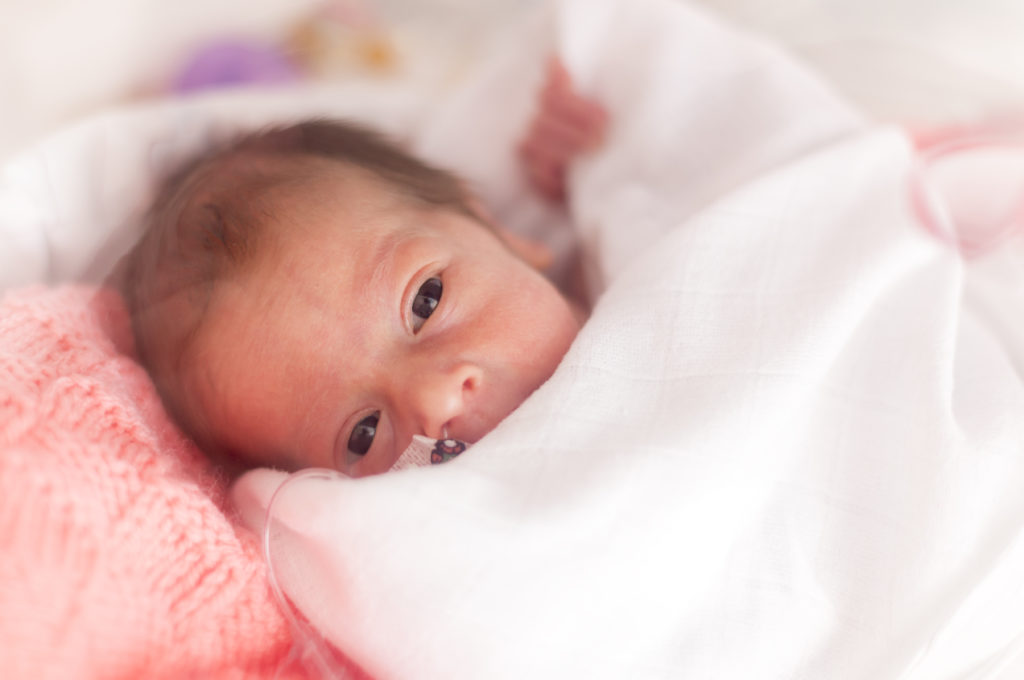Quick Hits
Daily brief research updates from the cognitive sciences

A couple of studies have just been released which look at the brains of newborns and young babies. The results are worrying for any society.
Brain scans of newborn babies from mothers in poverty showed lower brain volumes across all regions of the brain, suggesting less maturity, but also, just as worryingly, that the folds in the brain were fewer and shallower also suggesting a less developed brain and potential functional impairment. This is in comparison to babies born to mothers with higher household incomes.
This is another one to show how poverty can have dramatic consequences and damage society, which can then be perpetuated.
A second paper from the same dataset of 399 mothers showed that the brain of newborns with mothers from areas with high crime rates showed weaker connectivity across multiple regions in the brain in the first few weeks of life.
This shows that poverty and exposure to crime and its stresses can have dramatic impacts on the brains of babies – how long this lasts is not clear but it is obviously a bad start to life for an innocent baby.
Public policies that effect this critical period of life – pregnancy – is therefore a very good idea for society!

Andy Habermacher
Andy is author of leading brains Review, Neuroleadership, and multiple other books. He has been intensively involved in writing and research into neuroleadership and is considered one of Europe’s leading experts. He is also a well-known public speaker speaking on the brain and human behaviour.
Andy is also a masters athlete (middle distance running) and competes regularly at international competitions (and holds a few national records in his age category).
References
Regina L. Triplett, Rachel E. Lean, Amisha Parikh, et al.
Association of Prenatal Exposure to Early-Life Adversity With Neonatal Brain Volumes at Birth.
JAMA Network Open, 2022; 5 (4): e227045
DOI: 10.1001/jamanetworkopen.2022.7045
Rebecca G. Brady, Cynthia E. Rogers, Trinidi Prochaska, et al.
The Effects of Prenatal Exposure to Neighborhood Crime on Neonatal Functional Connectivity.
Biological Psychiatry, 2022
DOI: 10.1016/j.biopsych.2022.01.020
More Quick Hits
COVID on the Brain
Many COVID-19 patients have reported various neurological symptoms – the well-known brain fog, but also headaches and decreased cognitive function over months and extended periods of time. This even without serious infection or hospitalization. The research seems to...
Life satisfaction after work related to personality traits
As many of you know I have done plenty of work into personality and so found this study interesting. Dusanee Kesavayuth of Kasetsart University in Bangkok, Thailand analysed data from 2,000 adults aged between 50 and 75 in the British Household Panel Survey and found...
Unique regulation of brain in yoga practitioners
Quick HitsDaily brief research updates from the cognitive sciences es, you yoga practitioners knew you were special and here is the science to prove it! In this older study I came across (2018) participants were recruited to see how they dealt with...
Neurodivergence and the lonely brain
Quick HitsDaily brief research updates from the cognitive sciences eurodivergence is term that describes those that are not “neurotypical” such as those with autism and ADHD. In the surge of research into loneliness spurred by the pandemic it has...
Art Engages the Social brain
Quick HitsDaily brief research updates from the cognitive sciences reported in last week’s Quick Hits on how engaging in the arts has a relationship with self-control and avoidance of disagreeable and criminal behaviour and that is why this...
Swearing can increase strength, self-confidence, and risky behaviour
Quick HitsDaily brief research updates from the cognitive sciences wearing is frowned upon in many circumstances but is also used by many people in casual situations and particularly by comedians. So why do we swear if it is taboo? A team of...






